Like the lyrics of Ocean Vuong in the poem "Threshold": I didn't know the cost of entering a song-was to lose your way back, the feeling of listening to and remembering a song sometimes leaves an indelible impression, it will come back again and again, humming in our memory like a haunting mental realm.
By chance, I was fortunate to hear classical guitarist Vu Duc Hien play the song El Condor Pasa solo. I entered the song or the song entered my world of sound with an obsessive and possessive posture.
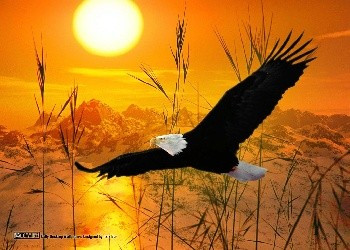
El Condor Pasa-Following the Falcon is a famous folk song, recognized as a national cultural heritage in 2004, and is considered the second “national anthem” of the Peruvian people. The passionate melody of the song is not difficult to explain its musical value and position. But El Condor Pasa seems to have gone beyond the limits of musical beauty to touch the profound human emotions. It is a love song about the homeland, about the human being in a world that is both tragic and sublime.
Condor - the falcon, is the sacred bird of the Indians, the symbol of the ancient wild land of South America and the once mighty Inca empire. The roc's wings borrow the wind's power to soar high above the clouds and mountain tops, over the majestic Andes, through the dense and mysterious Amazon, where white waterfalls rip through the forests, where vast deserts, waves crash against steep rocks, and winding roads open up to the ruins of forgotten temples...
Is Condor immortal because of its strength or loneliness, because of the secrets hidden behind its thousand-mile eyes or its boundless wingspan, because of its religious beliefs or even its desolate pain? I am not sure of anything! I only know that each rhythm and tempo of El Condor Pasa is like a stream of memories that is both innocent and full of resentment, both melodious and poignant, both lyrical and narrative, both open and light, lifting the listener's emotions to drift with the flying birds, with the wings of the eagles freely soaring in the sky.
There I heard the joy singing in the wind, the passionate love for the vastness of the earth and sky, for the freedom and endless adventures. I heard the desolation and silent destruction under the ruins of the once glorious Machu Picchu temple, and the pain of being chased away by people who considered freedom as their life, retreating in bewilderment into the deep caves to preserve their native civilization or to escape the invasion of foreign cultures.
But more than that, in the tragedy, the pain soars high like a bird longing for the sky and light, overcome by a strong love for the land, water, and wind of the homeland. With El Condor Pasa, the sadness is as beautiful as a poem and the sad memories of an ethnic group have created the immortal vitality of a ballad, comforting the wounded, sowing the seeds of belief in good things in the end...
The experiences of the times and the memories of the past national history do not repeat, making the desert love song or the Andes-El Condor Pasa love song become the spiritual hymn of the Peruvian people, the last and forever imprinted the brilliant Inca civilization, the Quechua language and the fascinating mysteries of the Indian culture. It has painted an indelible red mark on the ethnic map, where it reminds people to go from the primitive wilderness to being imbued with the light of the philosophy of survival, where the lessons of civilization and culture, the splendor and ruin, the loss and eternity show people the way to choose to live with carefree forgiveness, to let sadness into the vastness of love for the earth and sky to feel the heart as light as a bird.
I have wondered a lot about the meaning of the two words “national anthem”. How can a folk song be considered the second national anthem of a nation? Listening to El Condor Pasa, whether for the first time or many times, for me, the answer is always the same. Because of the melody, the ability to convey the depth of the soul of the melody and above all because of the cultural sediment it deposited, it represents the soul and destiny of the nation where it was born. The beauty and pain, the nostalgia for the homeland distilled by blood and tears, the brilliance of ashes in the last moment is a power that forever preserves the immortal vitality of a national song. Moreover, it goes beyond the national boundaries, leaving an indelible mark on the memory of mankind in the arduous journey of life.
In the footsteps of the falcon has become a national work, imbued with folk colors. In turn, in the opposite direction, the folk colors have covered the song with the entire beauty of the region, becoming an attractive unique feature that is not repeated in any other song, including compositions with strong Indian-indigenous characteristics such as the soundtrack of the film The bad the good and the ugly or The Last of the Mohicans... Belonging to the Huayno style - a song for the streets and festivals of the Andean music genre, El Condor Pasa has "stripped" most of the bustling "urban" marks to return to the pristine nature, to the forgotten tranquility of the ancient Inca ruins. The lyrical quality is sometimes soaring high like a falcon's wings in the wind, sometimes swaying on the sea surface or silently flapping its wings in the air.
That melodious tune leads the listener's emotions with the melody of space, with the melody of the landscape, through the ocean, through the mountains, through the lonely desert, into an endless "song" of the beautiful Peruvian land of many shapes, into a long song of longing for the homeland. Free and solemn, quiet, the soul of El Condor Pasa just tilts to a deep, lyrical and gentle contemplation, like the final point of the desolate sadness of human nature, poignant and touched by regret, love, just condensing and then bursting into tolerance of wind, water, clouds and sky. It is a song of mountains, of people turning into pristine nature as if seeking a peaceful place after the bare loss, the desolation, the destruction of the human world.
El Condor Pasa borrows the Quena flute to lift its sound above the mountains, and borrows the charango (of the luyt family) with its high pitch to lift its soul up into a state of floating. The Andes plateau is the space where these instruments belong, as if they were born specifically for this Inca soul.
Therefore, when listening to artist Leo Rojas perform the magic flute and artist Vu Duc Hien play the guitar solo El Condor Pasa, the listeners' emotions are truly satisfied and complete. That is something that AI can never replace, because emotions and the peak of emotions are musical emotions crystallized from human experiences, memories, souls and creative talents that have distilled into melodies and masterpieces that cannot be repeated twice.
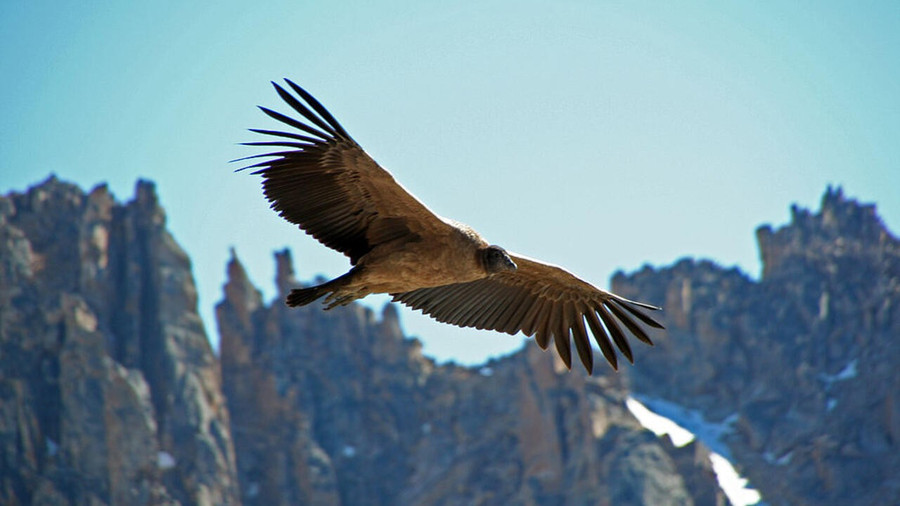
El Condor Pasa was originally a traditional folk composition from the 18th century, and in 1913, the Peruvian artist Daniel Alomina Robles completed the melody and lyrics. And in 1970, singer Simon and Garfunkel wrote English lyrics. The ability to recreate, adapt, and transform a song from folk to modern more or less affirms the lasting vitality of a piece of music in the flow of history. But the beauty of El Condor Pasa is like an "irregular" journey in the law of creation.
I secretly think that it is a “wordless” love song, only by the melody and rhythm can fully and completely convey the immense sadness, the vast human feeling “held back” in the myriad of emotions of the people, the fate of people. And that allows musical instruments rich in melodic complexity such as guitar, bamboo flute, bamboo zither to freely express. The adaptation in words through different languages is essentially a deposit, an extension of the emotional flow of the narrative of the experiencing, existential human being. Only the breadth, richness, and richness of silence, emptiness, and lingering echoes in folk melodies are the potential and intense vitality of the song EL Condor Pasa.
To find the cause of the “national soul, national essence” of a nation’s music, if we just start from the unique color of the locality, from the unmixed internal vitality, even if that vitality sprouts from sad memories. Because in life, there is no beauty that does not sparkle from bitter tears. The beauty and sadness of that human nature in the folk melodrama El Condor Pasa, if the listener, out of curiosity or accidentally “steps in” and “forgets the way back”, I secretly think, that price is still worth trying once.
Source: https://baogialai.com.vn/el-condor-pasa-mot-dieu-hon-dan-ca-post570841.html



![[Photo] Da Nang: Water gradually recedes, local authorities take advantage of the cleanup](https://vphoto.vietnam.vn/thumb/1200x675/vietnam/resource/IMAGE/2025/10/31/1761897188943_ndo_tr_2-jpg.webp)


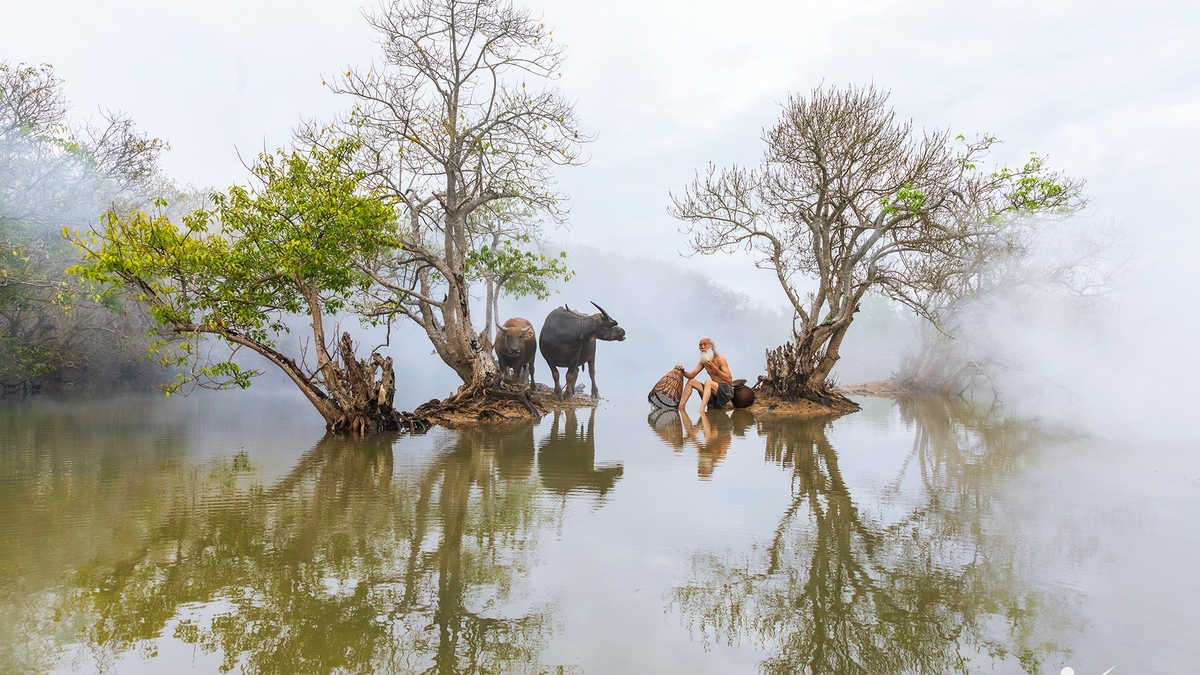



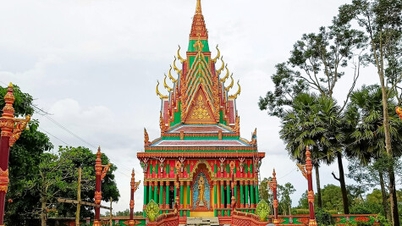












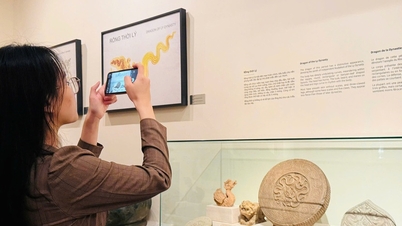

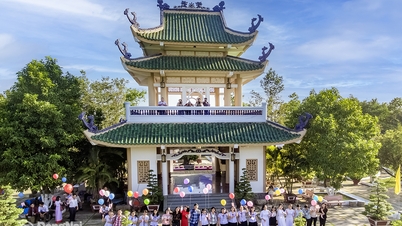










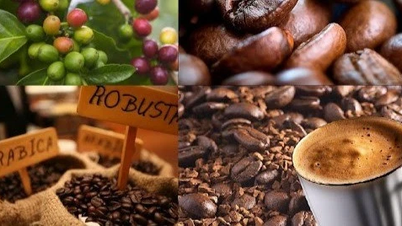
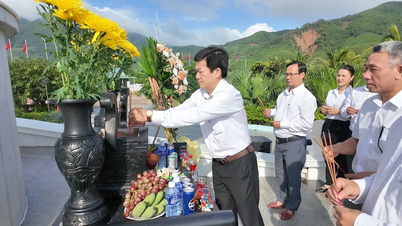
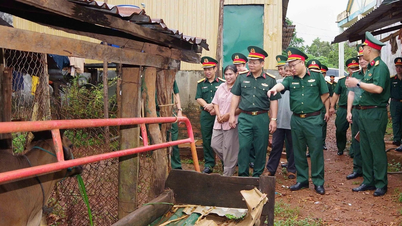




































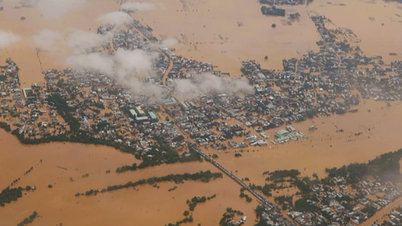




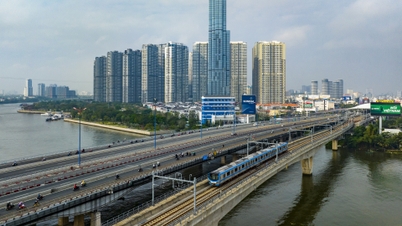


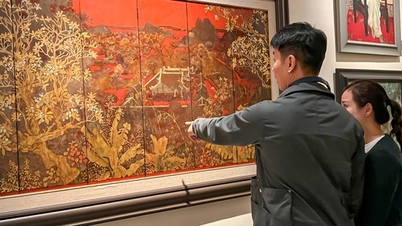
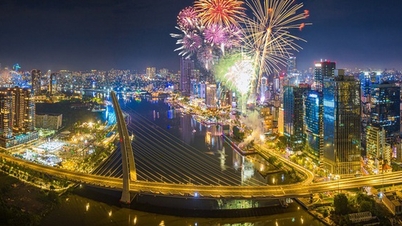






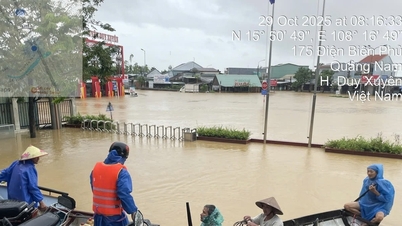



















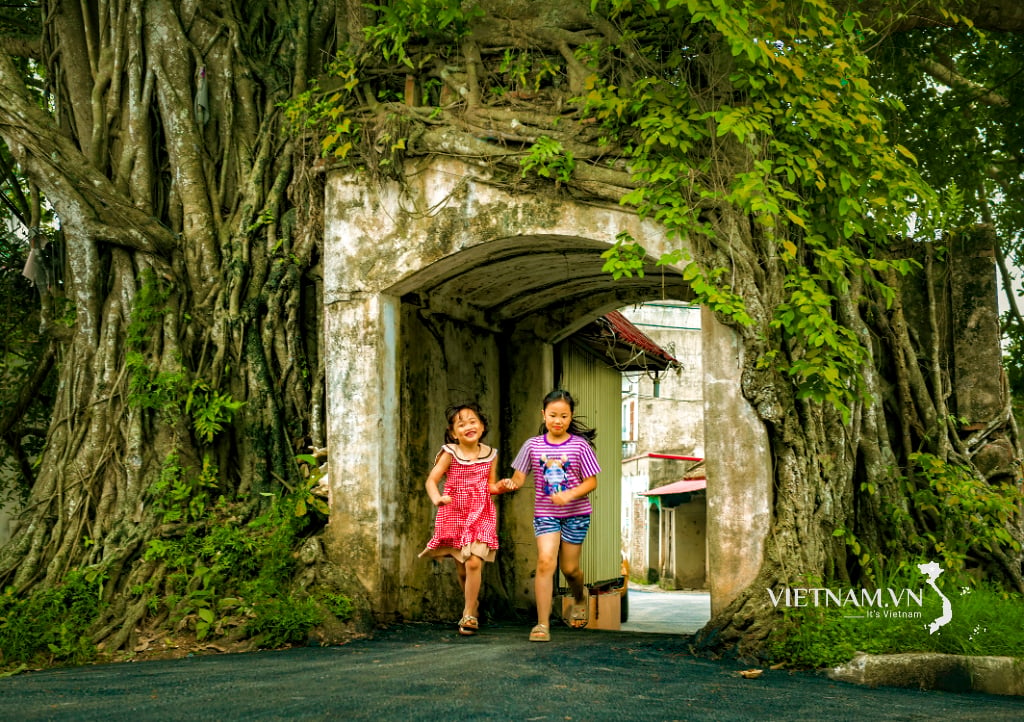


Comment (0)